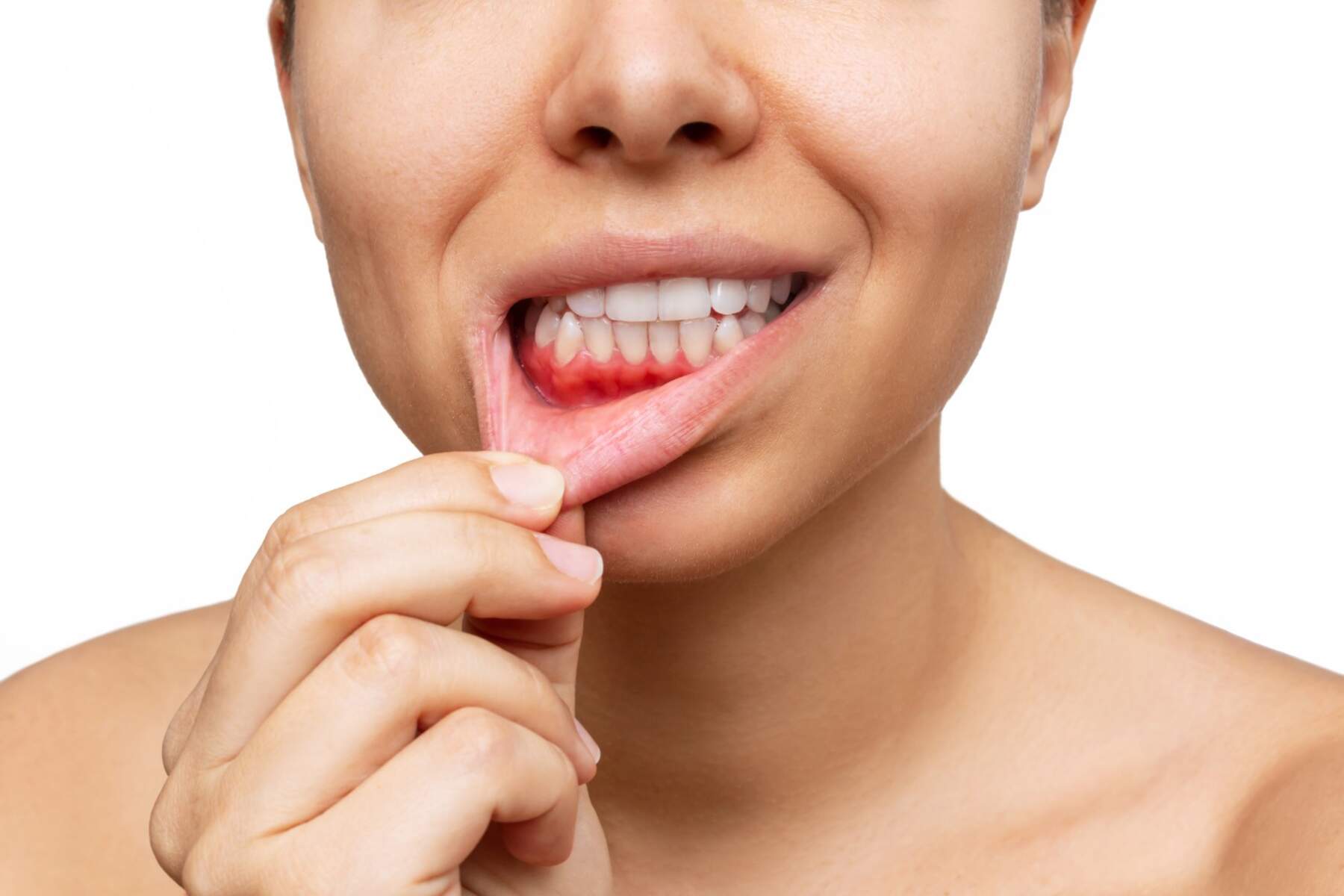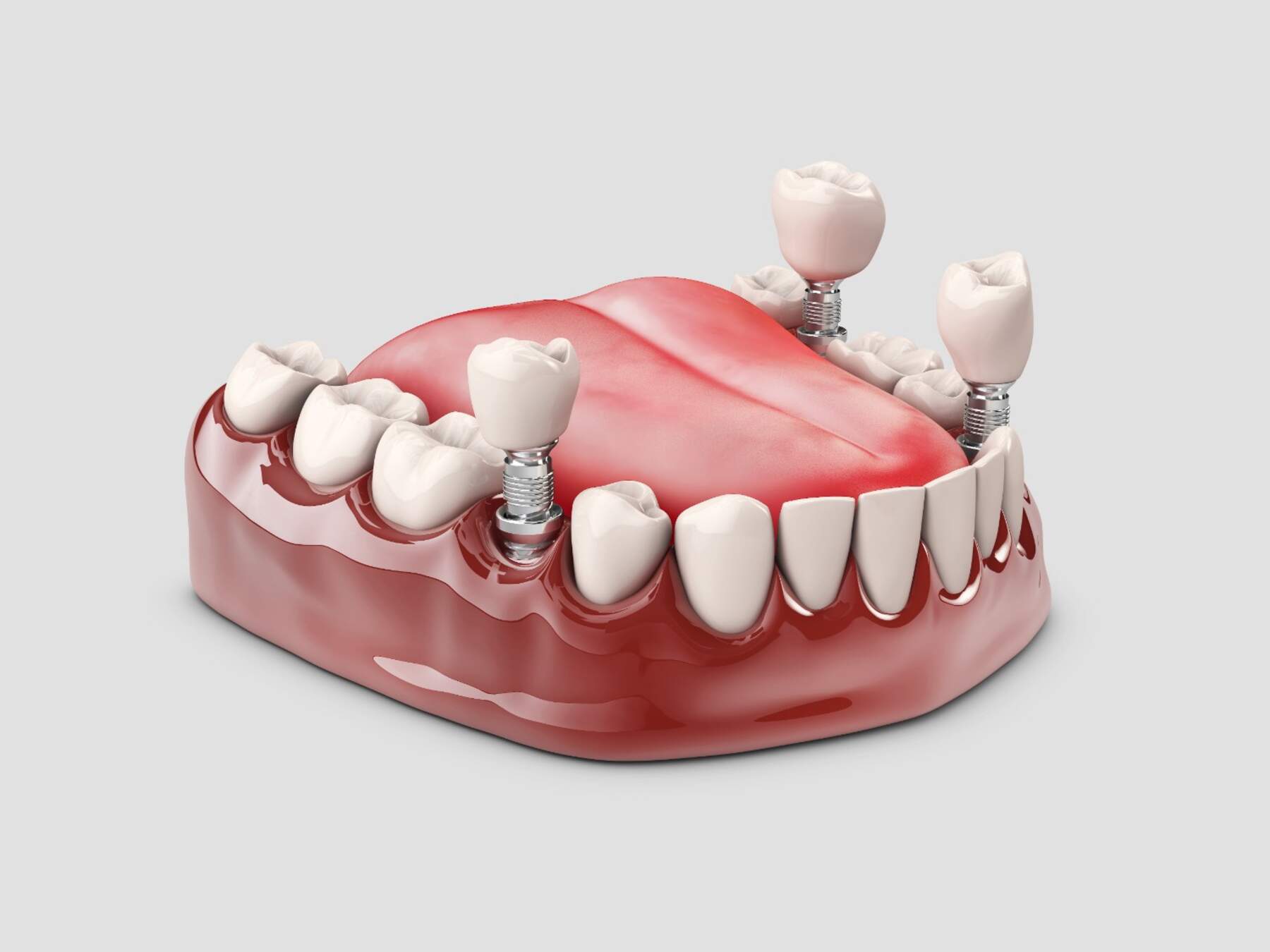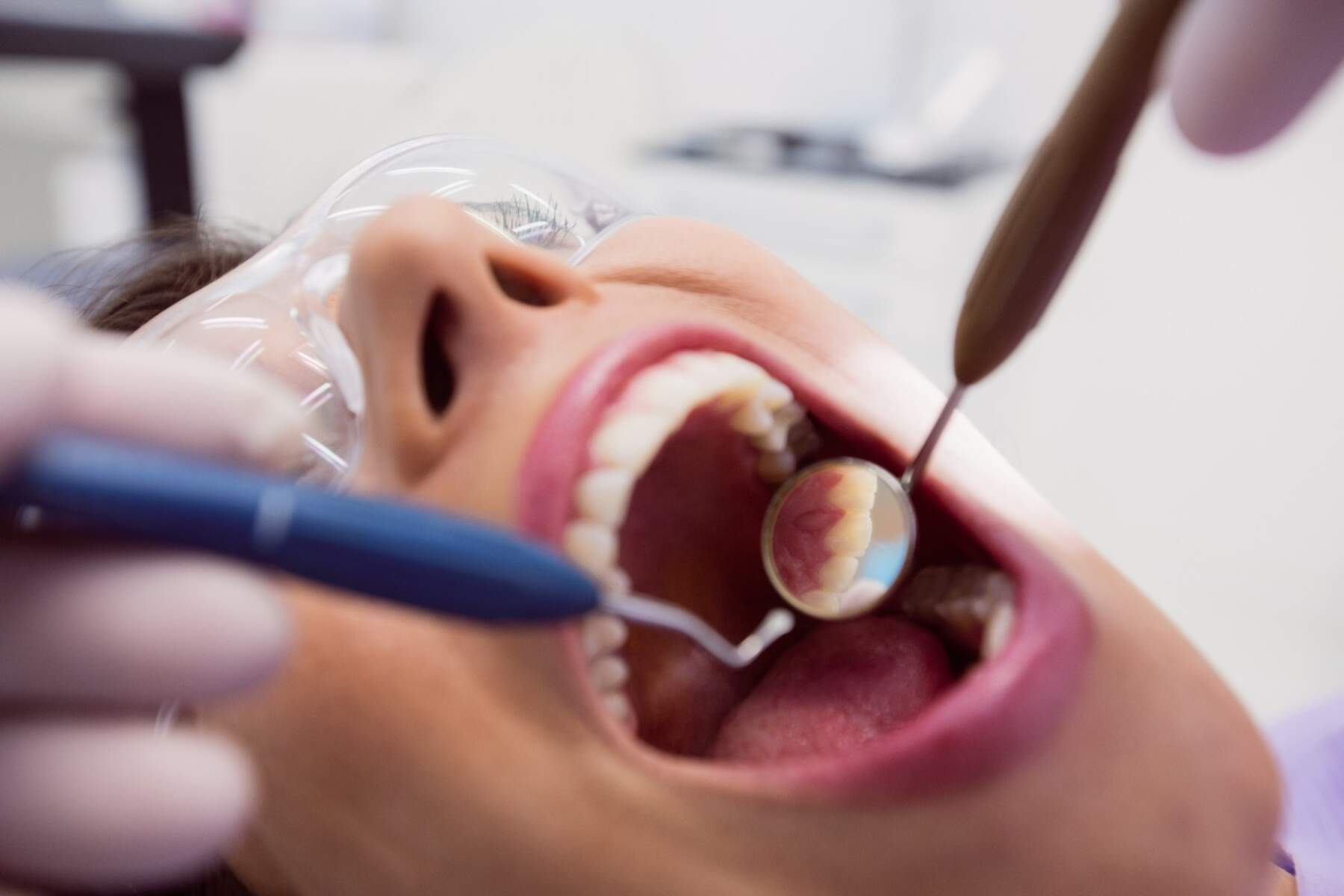Several people are astonished at just how simple dental implant placement in Albania may be and how very little pain they suffer afterward. Because of technological innovations and meticulous planning, implantation is a very uncomplicated small surgical procedure. The majority of the planning and analysis are done ahead of time.
An implant dentist in Albania will examine the mouth thoroughly. X-rays and, in certain cases, CT scans of the jaws will be taken to check the structure and integrity of the bone. This enables the dentist to precisely design the manner in which the implants would be inserted throughout the procedure.
After you’ve determined that dental implants are correct for you, the primary concentration may be the day of your implant operation. However, you should also consider the long-term and immediate maintenance of the new teeth.
Following treatment, it will be an obligation to maintain appropriate oral care on a daily basis to ensure the longevity of the implants. To prevent complications, it is critical to commit to maintaining the implants, and gums healthy, just as you would with natural teeth. This will necessitate trips to the dentist on a routine basis.
Dentists in Albania will offer you information regarding how to take care of your teeth directly following treatment. The following information will additionally help you understand what to anticipate after implant installation and how to maintain the dental implants and teeth nutritious:
Before your treatment
Will I have to take a break from work?
It is doubtful that you will be required to take a break from work, however, you should plan a week or two off just in case. Avoid making any major professional or social obligations for the first few weeks after therapy.
Do I necessitate being accompanied?
On the morning of your implantation, you should arrange for another individual to take you home. Implant surgeons typically employ local anesthesia; however, sedation is readily available upon request. This may be administered orally or intravenously. If you elect sedation, a grown person should join you for the consultation, stay at the clinic, and take you home. If you select sedation, the dentist will also provide you with further guidance.
Should I consider pain relief?
You might not even require painkillers, but make absolutely sure you keep some on hand following the treatment. Kindly notify the implant dentist if you have any sensitivity to any medications.
Implant placement aftercare
Will my lips bleed?
Moderate bleeding is typical following dental implant installation. The dentist might instruct you to press down to the region for roughly 60 minutes by chewing gently on a cotton pad. The pad then needs to be taken off with care. If required, restart the treatment for yet another half an hour with some other cotton pad. If the hemorrhage does not stop, chow down on a wet tea bag for half an hour. The tannic acid found in tea leaves promotes blood coagulation.
Since this implant is inserted into the gap, you will most likely feel far less blood than if you had a tooth pulled. There are no more open excision sites to mend.
Will I have a puffy face?
After the treatment, you might well have edema and/or bruises. Inflammation does not appear until the next day postoperatively and peaks approximately two to three days afterward. This really is typical and may be minimized by applying a cold compress (or a sack of frozen vegetables) bundled in a cloth and placed to the part of the face in which the implants were inserted right away. Ice packs should be utilized for 15 min on and 15 minutes off during the day of placement. Ice will no longer have any impact after two days. At around this point, moisture seems to be more effective in lowering the severity of the edema.
When should I use pain medication?
Following dental implants, you are likely to feel just slight pain. The dentist may advise you to take the initial dosage of pain relievers first before the anesthetic wears off, and then to take those on a constant schedule at the highest recommended dose during the initial few days following the surgery. Most individuals will be fine with over-the-counter pain relievers that they would regularly take for headaches.
Any irritation or pain caused by the procedure should fade slowly over time. If you suffer growing discomfort and stiffness within a few days, you should call the dentist, who might instruct you on the proper follow-up and pain medication to maintain you comfy.
Consumption of food and beverages
The day before the operation, it is best to consume solely cold beverages. It is critical to drink plenty of water. Resist warm beverages, booze, and chili or spicy meals. Eat nothing until the local anesthetic wears out. While consuming meals may be difficult during the initial days, strive to eat nutritious foods. You’ll recover more quickly and have additional energy. Select gentler meals and mastic away from the implant site. Products like peanuts, beans, and seeded fruit should be avoided since they can become trapped and induce inflammation. Some people can resume a standard diet within a seven- to ten-day period.
Healing
Healing is often simple, with little difficulty. Prior to actually placing irreversible replacement teeth, surgeons will generally leave the gums to recover and the implant to merge (osseointegrate) with the jaw. Typically, the recovery period lasts 8 weeks to 12 months. Within a week to two weeks, the sutures are removed quickly or disintegrate on their own. The dentist can offer you an idea of what to anticipate.
Choosing a well-balanced diet is critical to healing success. Tobacco severely limits healing. Nicotine in tobacco restricts blood vessels and decreases blood flow to soft tissue structures, which could also impair immune reaction. This hinders the recovery process and has an important role in the long condition of the gums and bones. Smoke raises the chance that implants will malfunction later if they do not recover fully after they have been implanted. A poor diet, excessive consumption of alcohol, and an absence of oral treatment can all impede the process of healing.
Every person’s recovery time will vary. Your recuperation duration will be determined by your particular instance and treatment plan. Your orthodontist may arrange any necessary follow-up consultations.
Can I wear my dentures after the procedure?
Dentures, whether partial or complete, cannot be worn shortly after the operation. If you are wearing a denture that overlaps the implant site, you should use it as rarely as reasonably during most of the early healing phase to preserve the implant area. It is critical that replacement teeth should not apply unregulated stress to the surrounding implants during treatment. Following the implantation of implants, your dentist will provide you with specific guidelines for using your dentures or substitute teeth.
Success with dental implants
Many have claimed that getting dental implants is considerably less uncomfortable than extracting a tooth or experiencing root canal therapy. Dental implantation is often simpler than many other people believe. It is a single act in a meticulously executed and coordinated procedure. This implies that maintenance and recovery are usually simple and uncomplicated.
Maintaining good dental hygiene is dedication to the success of the implant procedure. Maintaining the implants is simple, and once the dentist is pleased that the procedure is progressing as planned, the follow-up treatments will be identical to that provided to any individual with real teeth.
The length of time they will endure is determined by the level of personal attention to dental hygiene and the desire to schedule frequent routine inspections.
Begin proper treatment as soon as possible following surgery.
Stop the bleeding.
Post-operation you can expect bleeding from the implant area or redness in the saliva that lasts up to 72 hours. What could help you keep it under control would be biting down on cotton or gauze for about an hour. Once you get home, repeat the action each six to ten hours as needed.
If the bleeding gets too much, the solution would be biting on a wet black or green tea bag alternately. What could be also helpful in making blood clot formation simpler, is tannic acid, which helps by constricting blood arteries.
To prevent potential bleeding, try keeping calm, sitting upright, and avoiding strenuous activity. Do not stoop or lift anything that is weighty. Spitting, smoking, and drinking through a straw, all contribute to making blood clot formation more complicated.
Pain management.
Ibuprofen is the most often used over-the-counter pain reliever. This, on the other hand, is classified as NSAIDs. According to research, it can disrupt the osseointegration process.
You can take it shortly before the anesthetic wears off or whenever the pain becomes unbearable. Follow the instructions printed on the packaging. The dentist can also advise you on the best medicines and dosages for the specific situation. The general rule is that pain relievers should not be taken more frequently than every 8 hours.
The subsiding of the pain and discomfort should be happening four days after the operation. You might experience throat tightness and have difficulties swallowing. If these problems are persistent, it is time to schedule a consultation with the dentist. He/she might prescribe something much more potent.
Kind reminder: antibiotics should not be used to treat pain. In the cases the dentist suspects an inflammation, he/she will recommend a course of treatment.
Reduce swelling and bruising.
The day following the surgery feeling swelling and bruising of the cheeks and mouth are common. Sinus lifting might result in bruising surrounding the nose and the eyes. The darkening will peak from two to three days after returning home and over time it will gradually fade.
If the swelling and bruising is disturbing, make sure to apply an ice pack to the affected region of the face. The application should last for about 15 to 20 minutes. Afterward, you should rest for 48 hours. It is true that many over-the-counter medications contain anti-inflammatory properties, however, they should be used with proper caution because they can easily interfere with the recovery process.
Eliminating salt, drinking plenty of water, and resting in a braced position are among other options. If you’re going to sleep, put 2-3 cushions beneath your head.
Get adequate sleep.
The majority of patients return to their jobs the following day. Consider taking a couple of days off if your work demands rigorous activities.
For around two weeks, limit physical activity and intense activity. Make absolutely sure to get at least 6 – 8 hours of sleep each night. When you’re in bed, you’re doing a lot of healing work.
Maintain good oral health.
Maintaining adequate dental care throughout the postoperative period is part of caring for dental implants. The soft tissues surrounding the implant require a sterile environment to heal. Infections are the most prevalent reason for implant failure.
Brushing your teeth regularly the evening before your operation, and avoiding brushing against the implant is also helpful. After each meal, rinse your teeth with a warm glass of water and a pinch of salt to eliminate food residue. Repeat this for a week following the operation. Afterward, rinse with chlorhexidine.
For a minimum of just a couple of days, avoid using water flossers or electric toothbrushes. A standard toothbrush or a dental implant toothbrush, if provided by the dentist, is the ultimate alternative.
Maintain a healthy diet.
If you did not have all of the teeth replaced with implants, try chewing on the area where the natural teeth are. Strictly avoid hard and hot foods and beverages for at least two weeks after the procedure.
Drink plenty of fluids, but avoid sloshing liquids over the surgery area. On the initial day, drink four to seven glasses of chilled or room-temperature beverages. Please do not use straws.
The much more essential thing is to refrain from eating anything tough or crunchy. Gentle meals should be consumed for as long as you are experiencing post-operative discomfort. Make sure to consume nutritious foods to maintain your system as healthy as possible during the recovery process.
Within roughly a week, most individuals can resume their standard diet.
Quit smoking and drinking.
Smoking has a significant impact on dental implant recovery. You must not smoke for a minimum of two months following your procedure. Preferably, quit smoking permanently. Tobacco constricts blood vessels, which could also disrupt osseointegration and result in inflammation or implant failure.
You also should refrain from drinking alcohol for at least two days after the surgery. The ideal option might be to abstain from alcohol for two weeks or more. It can impede blood vessel growth, causing the implant to fail to merge properly with the bone.
Schedule a check-up visit.
It may be needed for you to return to the dentist two weeks following the operation so the stitches can get removed. Many dissolve on their own, but this does not mean in any way that you shouldn’t get routine check-ups. The dentist will be the judge of whether your healing is developing normally and he/she will give you other recommendations to follow.
Beyond that, your gums should also be checked by a specialist on a regular basis. Normally, infections begin in the soft tissues and slowly spread to the bones, increasing this way the chance of implant failures.
Furthermore, implants lack a shock-absorbing mechanism. This implies that if you are one of those people who have a powerful bite or grind their teeth, the dentist needs to periodically check to ensure there is no threat of overloading. It might be advised to wear a night guard.




